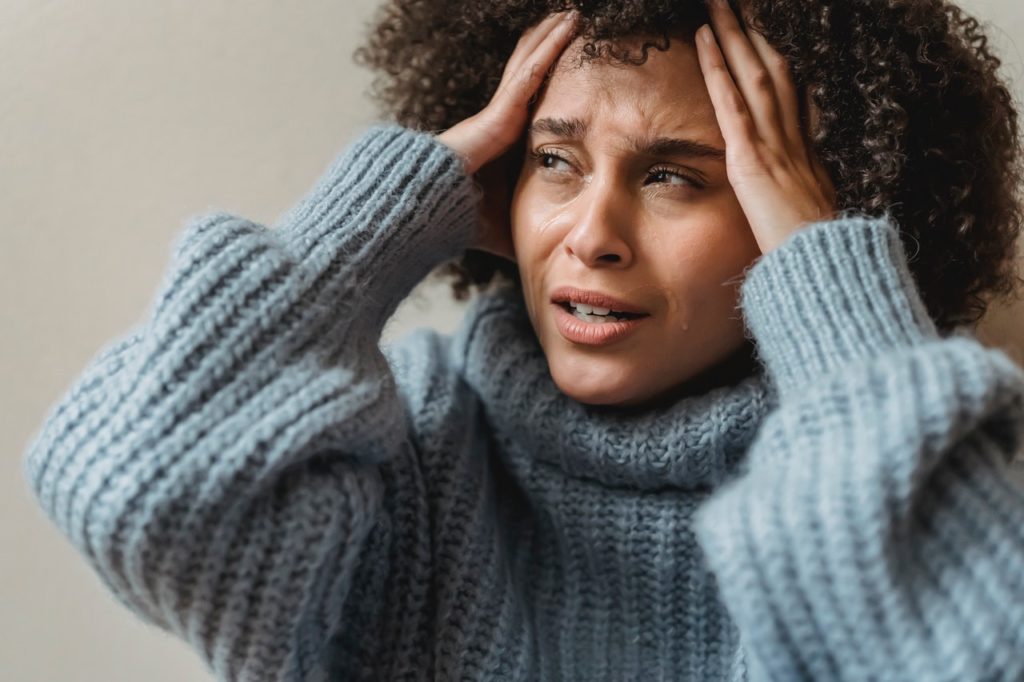Anyone who has ever experienced a panic attack understands just how frightening it can be. One minute you feel fine, and the next minute it hits you without warning. Symptoms vary greatly, from a racing heart or tightening chest to a queasy stomach, sweating, a smothering sensation or trouble breathing. Other possible symptoms include chills or hot flashes, tingling or numbness in fingers or toes, headaches and dry mouth.
Every year about one in 10 Americans have a panic attack. Anyone, at any age, can experience a panic attack, and the severity varies greatly. Individuals with panic disorder have repeated attacks and persistently worry about having more. Although experts don’t know why some people experience panic attacks and others do not, you may be at an increased risk if they run in your family, you have other mental health issues or you struggle with substance abuse problems.
Managing Panic Attacks
The symptoms of a panic attack typically peak and then start to subside within 10 minutes of the onset of an attack. There are steps you can take to try to calm yourself during an attack, such as taking deep breaths or refocusing your attention on something else, but the best way to cope with panic attacks is to get ahead of them with treatment:
- Counseling and psychotherapy: A counselor can help you identify your panic attack triggers and develop strategies to manage those triggers. As you change how you think about and react to those triggers, the panic attacks will hopefully decrease.
- Antidepressant medication: It may take weeks for these medications to start working, but they have the potential to decrease the frequency and severity of panic attacks.
- Anti-anxiety medication. Sedative medications help with anxiety and treat symptoms quickly. Be sure to talk with your healthcare professional about the risk of addiction or dependence associated with anti-anxiety medications.
The following lifestyle changes may also help alleviate or diminish the severity of panic attacks:
- Reduce stress in your life
- Exercise regularly
- Eat a healthy diet
- Improve sleep habits
- Cut back on caffeine and alcohol
- Practice meditation or yoga
- Connect with friends and family you trust for support
- Join a support group for people with panic attacks
The important thing to remember is that panic attacks are treatable and should not prevent you from enjoying life. Your healthcare provider can help you sort through the treatment options to determine what works best for you.
Dr. David Lowenstein is a Columbus, Ohio-based psychologist with more than 35 years of experience. He conducts individual, family, and group therapy sessions in his German Village office and also via telehealth. Dr. Lowenstein is also available for expert forensic testimony, and for educational workshops and presentations. He is frequently called upon as an expert source for print, radio, and broadcast media. Contact Dr. Lowenstein at Lowenstein & Associates, 691 South Fifth Street, Columbus, Ohio, 43206, or call 614.443.6155 or 614.444.0432.


